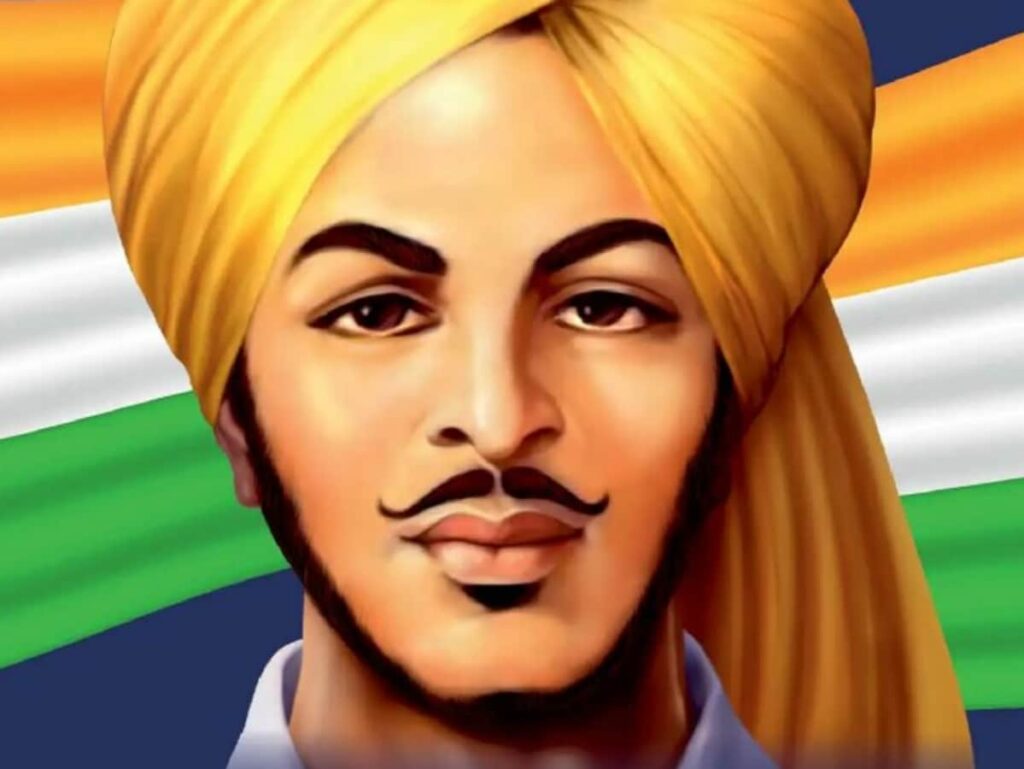Bhagat Singh, a prominent figure in the Indian independence movement, was born on September 27, 1907, in Banga village, which is now known as Faisalabad in Pakistan. His legacy as a revolutionary and martyr continues to inspire millions across India and beyond. This article explores his life, ideologies, and the impact of his sacrifice on the quest for India’s freedom.
Early Life and Background
Born into a Sikh family that was deeply involved in political activism, Bhagat Singh grew up in an environment that fostered his revolutionary spirit. His parents and uncles were active in the freedom struggle against British colonial rule, which instilled in him a sense of duty towards his country from an early age.
Education and Influences
Bhagat Singh was an avid reader and was deeply influenced by various revolutionary ideologies. He studied works from Marx, Lenin, and other socialist thinkers, which shaped his political beliefs. His education played a crucial role in developing his radical perspective on colonial oppression and social justice.
Revolutionary Activities
Singh emerged as a key figure in the revolution against British rule, joining the Hindustan Socialist Republican Association (HSRA). His activities included organizing protests, promoting anti-British sentiments, and planning significant strikes against colonial authorities.
Key Events and Actions
| Date | Event | Significance |
|---|---|---|
| April 8, 1929 | Assembly Bombing | Bhagat Singh and Batukeshwar Dutt threw non-lethal bombs in the Central Legislative Assembly to protest against repressive laws. |
| December 17, 1928 | Assassination of John Saunders | In a case of mistaken identity, Singh shot Saunders to avenge the death of his fellow revolutionary, Lala Lajpat Rai. |
Trial and Martyrdom
Bhagat Singh was arrested following the assembly bombing and faced a lengthy trial. He used the courtroom as a platform to promote his revolutionary ideals and drew considerable attention to the freedom struggle. On March 23, 1931, he was executed, along with his comrades Rajguru and Sukhdev, in what many consider a judicial murder.
Legacy
Bhagat Singh’s execution sparked widespread protests and outcry across India, solidifying his status as a national hero and martyr. His writings and fearless activism continue to inspire generations, highlighting the importance of fighting for justice and equality.
Conclusion
The legacy of Bhagat Singh transcends time and geography, representing the relentless pursuit of freedom and justice. His birthday serves as a reminder of the sacrifices made by countless individuals in the struggle for India’s independence. As we celebrate his life and contributions, it is essential to reflect on the ideals he stood for and continue the fight against oppression in all its forms.
